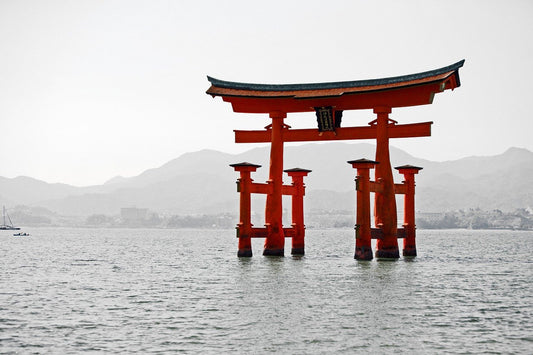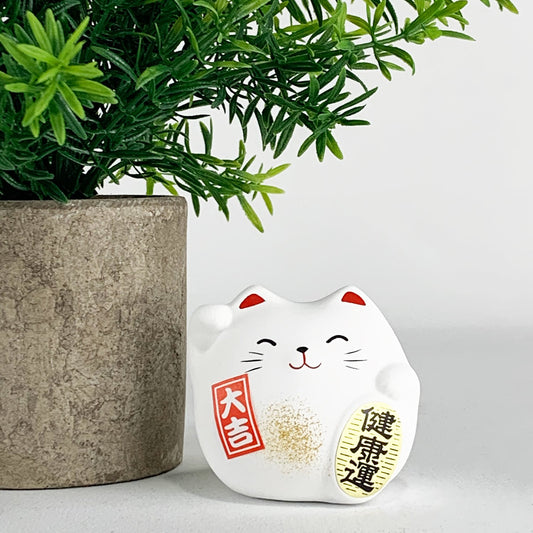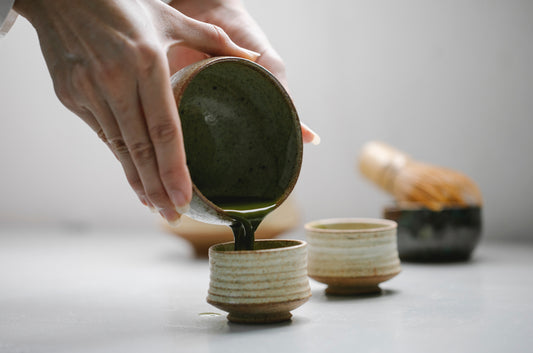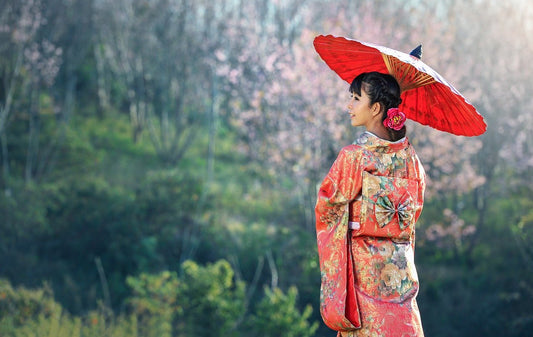Educate Me!

History of Japanese Textiles
Japan has a rich history with textiles. The first fabrics were made by the original inhabitants of Japan (Jōmon Culture) who wove cloth from plant fiber. Later Japan was invaded...
History of Japanese Textiles
Japan has a rich history with textiles. The first fabrics were made by the original inhabitants of Japan (Jōmon Culture) who wove cloth from plant fiber. Later Japan was invaded...

About Shinto: The Native Religion of Japan
Shinto is the indigenous faith of the Japanese people dating as far back to 1000 BCE. Shinto is directly translated to “way of the gods” despite the fact that there...
About Shinto: The Native Religion of Japan
Shinto is the indigenous faith of the Japanese people dating as far back to 1000 BCE. Shinto is directly translated to “way of the gods” despite the fact that there...

Maneki Neko (招き猫): The Fortune Cat
Maneki Neko cats, also known as lucky cats, are a popular charm in Japanese culture. It is a talisman that is believed to attract good luck and fortune for its...
Maneki Neko (招き猫): The Fortune Cat
Maneki Neko cats, also known as lucky cats, are a popular charm in Japanese culture. It is a talisman that is believed to attract good luck and fortune for its...

The Japanese Tea Ceremony
Drinking tea in Japan has a long and interesting history. Tea was first introduced to Japan by China during the Heian Period. In the 13th century, tea became a symbol of...
The Japanese Tea Ceremony
Drinking tea in Japan has a long and interesting history. Tea was first introduced to Japan by China during the Heian Period. In the 13th century, tea became a symbol of...

What is Coming of Age Day?
What is Coming of Age Day? Coming of Age Day, Seijin no hi, is a traditional Japanese holiday that falls on the second Monday of January and is a celebration...
What is Coming of Age Day?
What is Coming of Age Day? Coming of Age Day, Seijin no hi, is a traditional Japanese holiday that falls on the second Monday of January and is a celebration...

Japanese Principles of Design
Japanese design and aesthetics vary greatly from those of Western culture. Traditionally known as "Wabi-sabi" (侘寂), the ideas of Japanese design were heavily influenced by the Buddhist belief of Anicca, or impermanence....
Japanese Principles of Design
Japanese design and aesthetics vary greatly from those of Western culture. Traditionally known as "Wabi-sabi" (侘寂), the ideas of Japanese design were heavily influenced by the Buddhist belief of Anicca, or impermanence....
